Certain foods can cause belly fat to accumulate. Understand that abdominal fat is the fat that surrounds your abdominal organs, such as your stomach, liver and intestines. There are two types of belly fat:
- Subcutaneous Fat: It is the fat that you can pinch and it’s located right under the skin. Although not the most attractive, subcutaneous fat is less harmful to your health than:
- Visceral Fat: This deeper, more fatty layer surrounds your internal organs. It is also called “active fat”, because it can negatively impact your health. Let’s look at “Eating this ten foods can lead to belly fat”. The foods include:
1. Sugary foods
Sugary foods include baked goods, breakfast cereals and pastries that contain a lot of sugar. Other foods which may have hidden sugars are ketchup and spaghetti sauce. If consumed in excess, processed fruit juices with high sugar levels can cause insulin imbalance and belly fat. Sugar is often added to yogurt, particularly low-fat varieties. Sugar-sweetened drinks like fruit juices and sodas have been linked to an increase in visceral belly fat. Sugar consumption can be harmful to your health. It has been associated with obesity, heart disease and type 2 diabetes. Women should limit their sugar intake to six teaspoons (25 g) per day. Men should limit it to nine teaspoons (37.5 g).
2. Trans fats
Trans-unsaturated fats are unsaturated fatty acid types that occur naturally in certain meats and dairy products. These include beef, lamb and butterfat. Trans fats are primarily found in processed foods, which is a result of “partially hydrogenated oils” that are created by adding hydrogen to liquid vegetable oil. Trans fats increase the level of LDL (bad) cholesterol in the blood, and decrease the HDL (good) cholesterol. This increases the risk of heart disease and stroke. Trans fats are present in many foods including baked goods like cookies and cakes, fried foods such as doughnuts and stick margarine. In 2015, the FDA determined that partially-hydrogenated oils were no longer “Generally Acknowledged as Safe”. The FDA has mandated that trans fats be listed on the Nutrition Facts Label, and partially hydrogenated oils have been phased out of food. Trans fats should be limited and replaced with healthier fats such as polyunsaturated or monounsaturated.
3. Milk Products
Milk products can cause belly fat to accumulate, especially those with high sugar content, such as milkshakes or ice cream. Milk products, or dairy products, are foods made with (or containing milk). Dairy animals include cows, water buffaloes, nanny goats, and ewes. Dairy products are common foods found in grocery stores around the globe, such as milk, yogurt, and cheese. The fat content of milk varies. Whole milk contains fat while skim milk has zero fat. The type of milk produced can be divided into different categories, such as cream, butter and cheese. Worldwide, dairy products are consumed in varying amounts. Some people do not consume dairy products at all or only a small amount because they are lactose intolerant, vegans, or have other health concerns or beliefs.
4. Alcohol
Alcoholic beverages can contain a lot of sugar and calories, which can cause weight gain. Sugary cocktails, sweet wines and other alcoholic beverages can contain a lot of sugar and calories. You should drink alcohol in moderation, and select lower-calorie drinks like light beer, wine-spritzers, or spirits mixed up with mixers such as diet soda or soda water. Drinking plenty of water, and maintaining a healthy diet will also help to reduce the negative effects of alcohol.
5. Refined grains
Whole grains, on the other hand, are refined grains. Refined grains are made by mechanically removing the bran, germ and starch from the interior. Refined grains include white flour, white bread, corn grits and white rice. This process removes iron, dietary fiber and many B vitamins. Refined grains are usually enriched with iron and certain B vitamins, such as thiamin, Riboflavin, Niacin, Folic Acid. However, fiber isn’t added to the enriched grains. Whole grains contain the whole grain kernel including the bran and germ. They are also a richer source of vitamins, minerals and fiber. Dietary guidelines in many countries, such as the Dietary Guidelines for Americans recommend replacing refined grains with entire grains. The consumption of refined grains such as white rice and bread has been linked to an increased risk of obesity. It is therefore recommended that whole grains be prioritized over refined grains to improve health.
6. Processed meats
A study published in the Journal of Preventive Medicine and Hygiene found that processed meats such as bacon, deli meats and sausages are bad for your health. They can increase your risk of colorectal and other cancers, as well as increase your waistline. This can lead to an increase in belly fat. Processed meats can be high in sodium, unhealthy saturated fats and preservatives. This can cause weight gain and abdominal obesity. It is therefore recommended that you limit or avoid processed meats in favor of healthier alternatives such as fish, poultry and plant-based proteins.
7. Artificial sweeteners
Artificial sweeteners may have a negative impact on the accumulation of fat, especially in the abdomen. Researchers have found that artificial sweeteners with low calories may increase fat accumulation in obese individuals. The Endocrine Society 99th Annual Meeting presented a study that suggested the consumption of low calorie sweeteners may lead to increased glucose transportation into cells, the overexpression of genes responsible for fat production, and the formation of additional fat, especially in obese individuals. A study led by the University of Minnesota and published in the International Journal of Obesity showed that aspartame and saccharin consumption over time was associated with increased fat deposits in the abdominal area and within the muscle.
These findings raise concern about the possible health effects of long-term, habitual artificial sweetener use, especially in relation to an increase in body fat. Artificial sweeteners, which are often used to replace sugar, have a potential negative impact on the health of certain populations. Research and debates continue about this, especially in high-risk groups. Individuals should make an informed decision about whether to consume artificial sweeteners, based on available research and their own health conditions.
8. French fries and potato Chips
When salt intake is not accompanied by nutritional value, it can cause weight gain and bloating. French fries and potato chip are high in fat, calories and sodium. This can lead to weight gain when consumed in excess. In a 2011 study, it was found that the consumption of potato chips can lead to more weight gain than any other food. These foods can also be high in saturated fats that are bad for you and contain substances like acrylamides which have been linked with cancer. It’s important to consume these foods in moderation, as part of a healthy diet. This will help to prevent the accumulation of belly fat.
9. Ice Cream
Ice cream consumed in large amounts can lead to weight gain, and possibly to the accumulation of belly fat. A pint of high-calorie ice cream can contain significant amounts of sugar and saturated fat. If consumed in excess and regularly, this can lead to an increase in fat storage, such as visceral and abdominal fat. Ice cream’s high sugar and fat contents can cause excess carbohydrates to be stored as fat. This could contribute to an increase in belly fat. A high-saturated fat content in ice cream can also increase the risk of heart disease, and other health complications, when consumed in large quantities.
10. Baked Food
Many baked foods, like cookies, pastries and premade desserts are high in sugars. This includes fructose. Trans fats are also found in many baked goods, which can increase the risk for obesity. In a study from 2021, fructose was found to reduce the feeling of being full and increase desire to eat. Consuming baked goods in moderation is a good way to prevent weight gain.
Some commercially baked products, such as pastries, cakes and pies, cookies, muffins and cookies, may also contain trans fats. This is especially true if the oil used to make them has been partially hydrogenated. Commercially baked products can contain a lot of sugar, highly processed ingredients that you may not recognize and trans fat. To avoid storing more belly fat, it’s best to limit your intake of these baked goods.
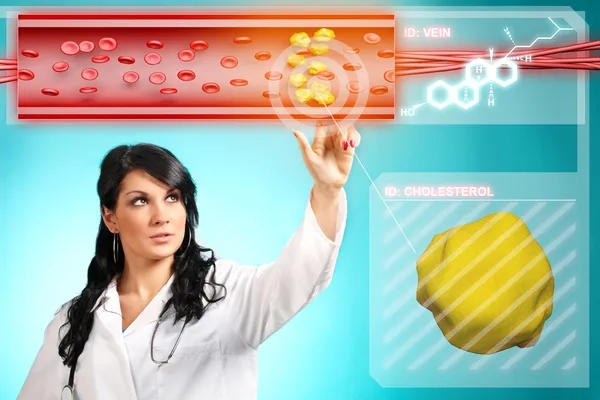
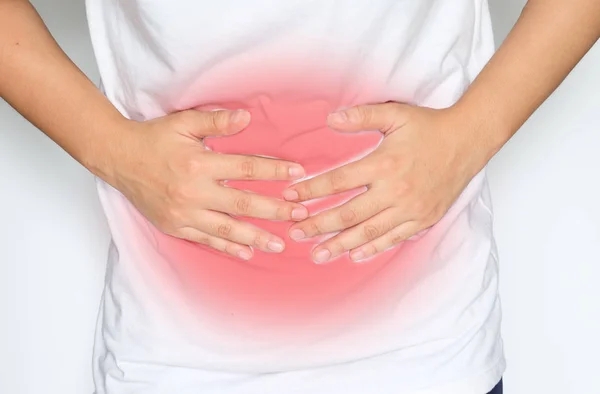

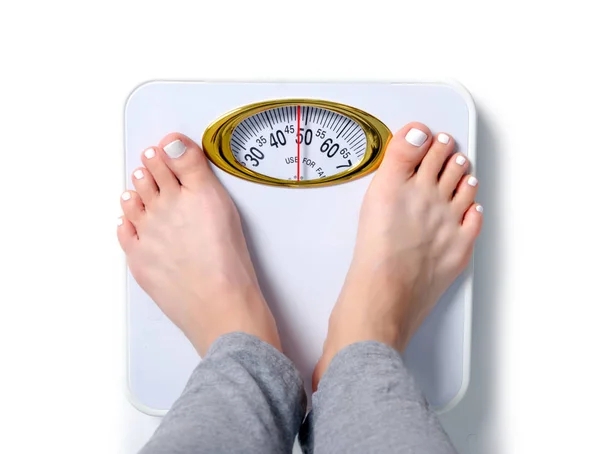
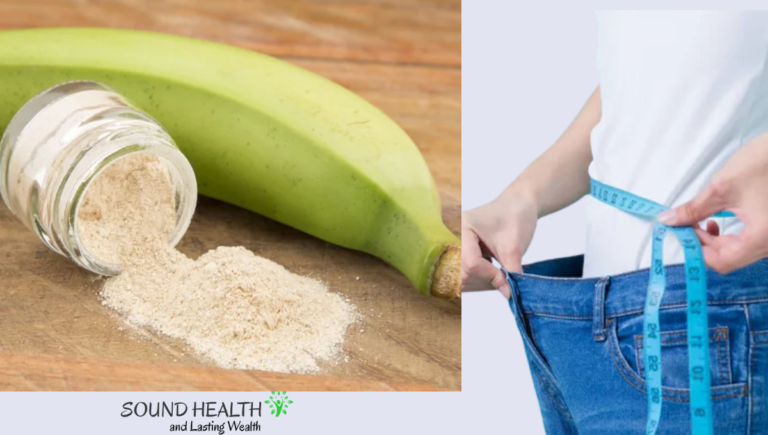
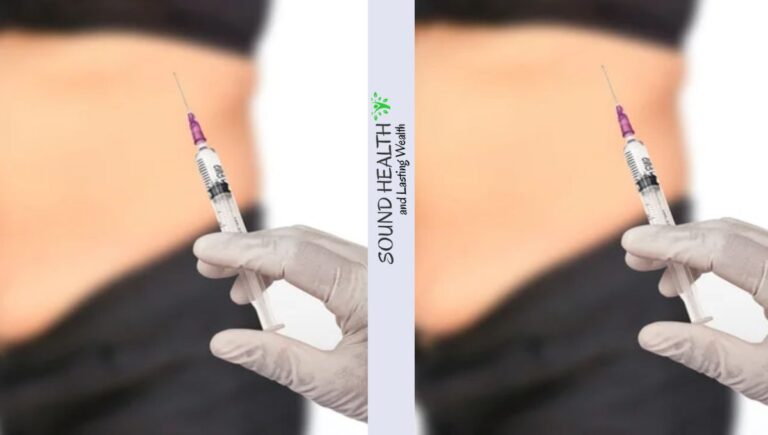
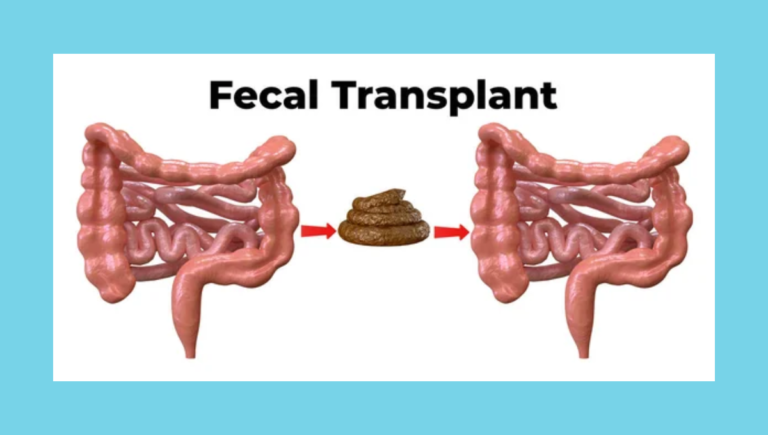
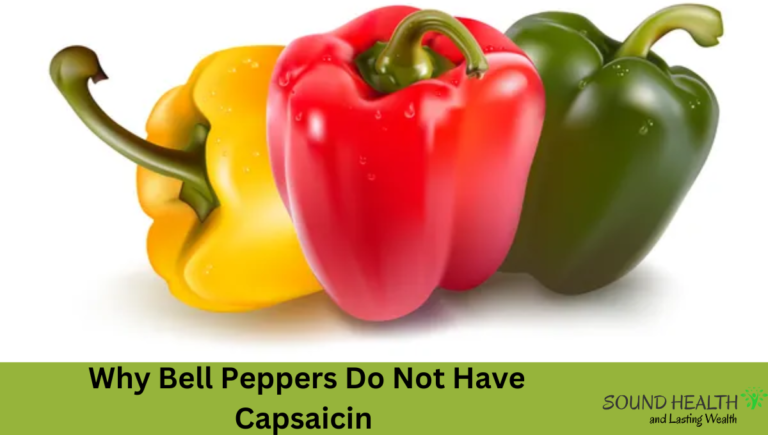

+ There are no comments
Add yours